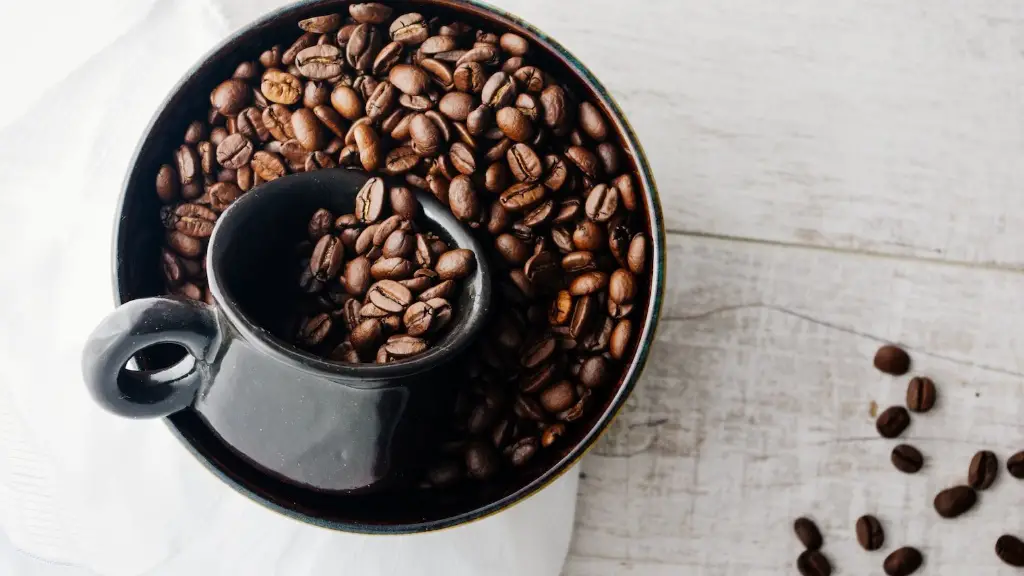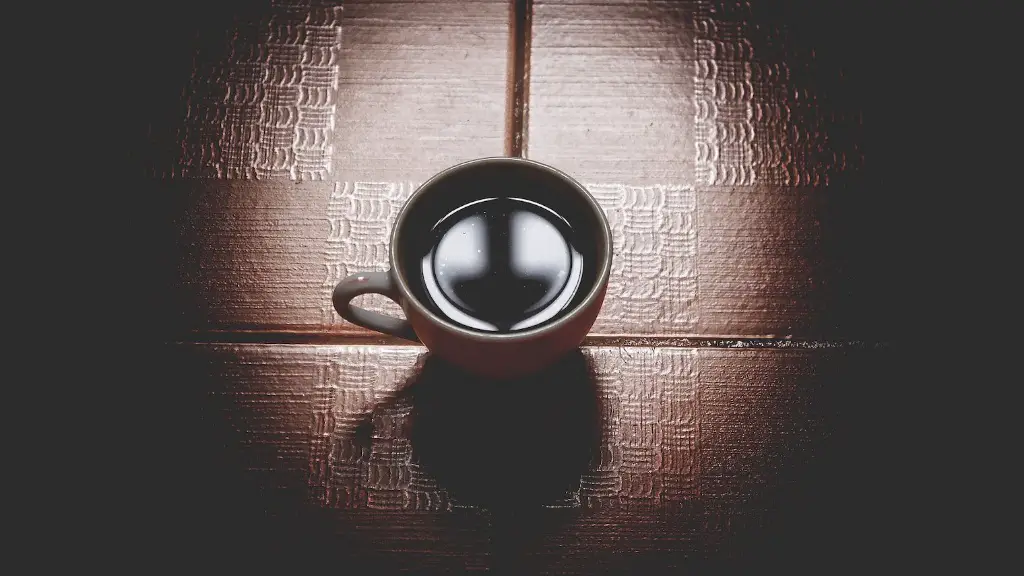Caffeine consumption and coffee consumption are synonymous, it seems. Professionals’ their consumption habits of the beverage found in a study by the National Coffee Association, NCA. It was discovered that consumption habits vary amongst professions, with some professions gulping down more coffee than others.
It was revealed that lawyers guzzled down the most coffee. According to NCA, 76% of lawyers have at least one cup of coffee per day. Two-thirds of journalists, 63%, and half of accountants, 50%, also had a cup of coffee in the morning. On the other hand, 36% of software developers opted for a caffeinated beverage, with 30% of web developers going for a cup of coffee each day.
In a study titled “Evaluating caffeine use among medical personnel”, research concluded that medical personnel consumed significantly more caffeine than the general population. According to the same study, nurses, who were the biggest focus of the study, were more likely to consume more caffeine than doctors, with doctors having the lowest rate of caffeine consumption. On the other hand, the same study revealed that medical professionals were more likely to consume more caffeine than the general population. An interesting discovery was that while 46% of the sample size were consuming one to five cups of coffee per day, the rest opted for more; 32% had six to eight cups of coffee, 10% opted for nine to twelve cups, and the remaining 8% had more than twelve!
It has been suggested by health professionals that a cup of black coffee has its benefits; its rich antioxidants can help boost memory and reduce dementia, its energy-boosting caffeine is good for the heart, and its anti-inflammatory properties help reduce the risk of certain cancers. It has also been proven that coffee helps improve alertness, focus and reaction time, making it an ideal beverage for professionals.
The health risks
Despite all its benefits, it is important to note that drinking excessive amounts of coffee can have negative effects too. Caffeine can lead to dehydration, and too much coffee can increase your heart rate, causing you to sweat, shake, and feel shaky. Drinking coffee can also affect your sleep, leading to a decline in your mental health. So while having a cup of coffee a day can do wonders for your health, it is always important to remember that moderation is key.
The economic factor
It goes without saying that coffee consumption has a direct impact on the economy. The coffee industry earns billions of dollars in revenue each year, with coffee becoming more of a part of our daily lives. Coffee chains, both big and small, are popping up in almost every city, representing the expansion of the coffee industry. Professionals attending coffee shops to grab their daily cup of coffee has become commonplace, and it has been argued that coffee serves as a way to build relationships, as many professionals meet up for coffee to discuss business.
The ‘coffee culture’
The coffee culture has exploded in the last few years, as coffee enthusiasts now run blogs, websites and Youtube channels to highlight the craft of coffee-making. Coffee festivals such as the Coffee Festivals in the USA and Europe bring together coffee lovers from all around the world. The popularity of coffee has also impacted the world of fashion, with coffee inspired apparel gaining popularity. It is not uncommon to see people wearing coffee inspired t-shirts and accessories, which further showcases the impact of coffee on our lives.
Creative uses for coffee
The uses of coffee are not limited to drinking it. Coffee grounds are widely used in many beauty products and as a natural exfoliator, as its natural properties help nourish the skin and hair. Coffee has also been used as an all-natural weed-killer and to create compost, as its grounds are full of nutrients that help fertilize the soil. Additionally, coffee has been used as a stain remover, a furniture cleaner and even a dye to give fabrics a unique look and colour.
Alternatives to coffee
Fortunately, there are many alternatives to coffee. Tea is a popular alternative, with caffeinated teas and herbal teas both serving as great alternatives. Cold brew, matcha and decaf are also other alternatives to coffee, as they contain little to no caffeine. Additionally, there are many energy drinks, such as Red Bull and Monster, which contain caffeine and offer an energy boost. Lastly, kombucha and carbonated drinks are also viable alternatives to coffee, as they contain much lower amounts of caffeine.
Social impact
The coffee industry also has a significant social impact, as it helps employ millions of people each year, from coffee farmers to factory workers to baristas. Coffee farmers are some of the most vulnerable populations in the world, as they often face poverty and little access to basic amenities such as water and healthcare. As coffee consumption increases, more and more people are employed in the sector, allowing them to receive higher wages and ultimately improve their quality of life.
The impact of coffee
It is clear that coffee is an important part of our lives, especially for professionals. Its energizing and health benefits offer professionals the opportunity to increase productivity and improve their quality of life. However, it is important to remember that moderation is key, and alternatives should be considered if you’re drinking excessive amounts of coffee. Its impact on the economy and society make it an invaluable tool for development, and one that should be appreciated and preserved for future generations.



